Best Gas and Electricity Deals
Enter your postcode
I will enter my address manually instead

Our cost saving approach for you
We propose cost saving measures to reduce expenses and maintain or improve
product and service quality.
STEP 1
Cost Comparison
We compare your current cost with more than 3,000 provider partners
STEP 2
Lowering your costs
Suggest better offers that costs less
than your current cost.
STEP 3
Easy switch
We Handle your switching
process for you.
STEP 4
Discount offers
Regularly check lower offers every quarter, just in case your discount offer gets due.
STEP 5
Quick notification
Prompt you whether you would like
to accept new offer.
You’re only seeing average speeds for your area Select your address and see the actual speeds you’d get in your home
Best Gas and Electricity Deals
How can I find the best gas and electric deals?
What factors should I consider when comparing gas and electric deals?
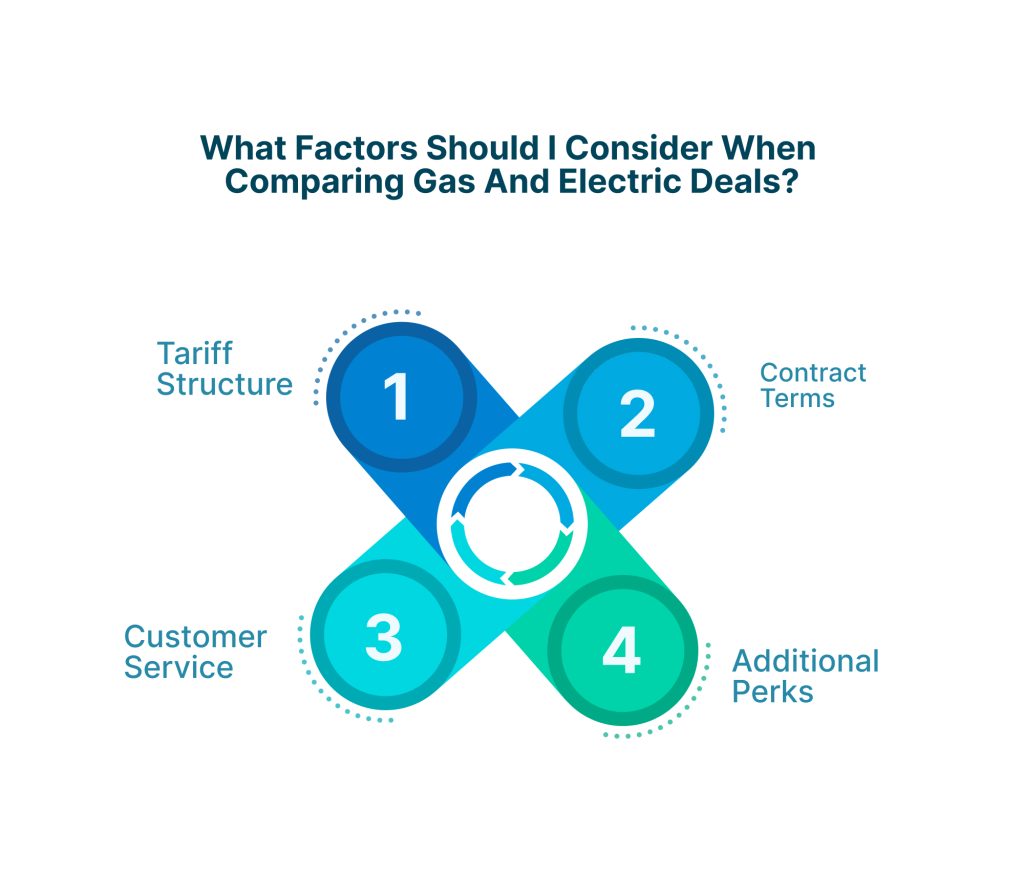
Can I switch to a new gas and electric provider if I'm currently under contract with another provider?
How often should I review providers to ensure I'm getting the best result?
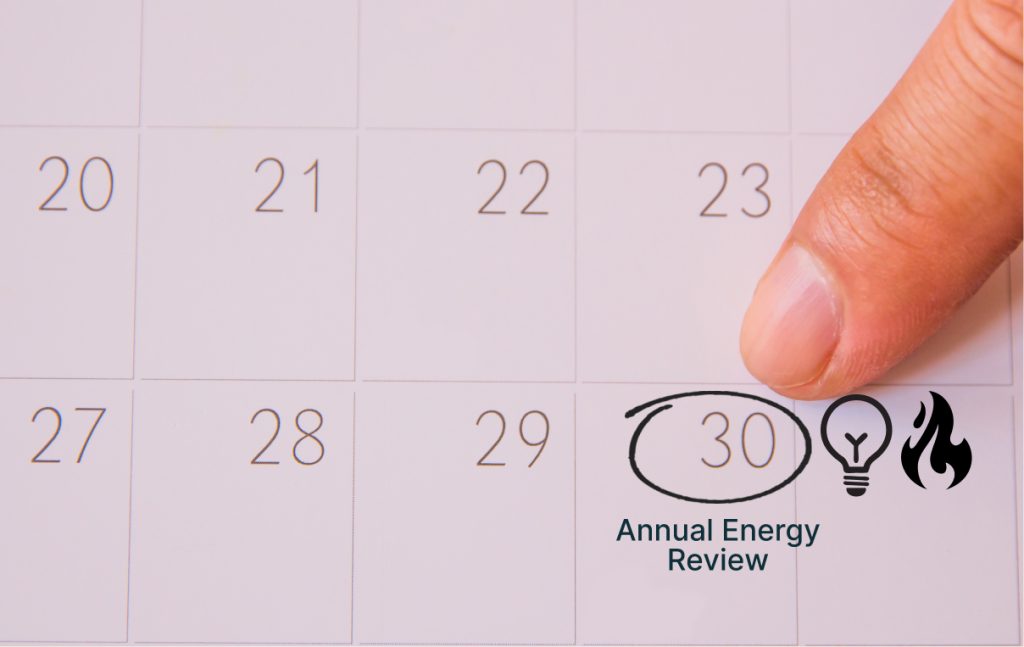
Regularly reviewing and potentially switching gas and electric providers is essential for ensuring you’re getting the best deal available in the market. As a general guideline, aim to review your energy tariff and provider at least once a year. This allows you to stay informed about any changes in the energy market, including new deals, tariffs, and promotions that may offer better value for money than your current arrangement.
Consider conducting a review if you experience a significant change in your energy usage patterns or household circumstances. Life events such as moving to a new property, expanding your household, or investing in energy-efficient appliances can impact your energy consumption and warrant a reassessment of your energy provider and tariff.
Watch out for any price hikes or changes in your current provider’s tariff structure. Energy suppliers may adjust their rates periodically, potentially resulting in higher bills for consumers. If you notice a substantial increase in your energy costs, it’s worth exploring alternative providers to see if you can find a more competitive deal elsewhere.
Ultimately, the goal of regularly reviewing and potentially switching gas and electric providers is to maximize cost savings and ensure you’re getting the best value for money. By staying proactive and informed about your energy options, you can effectively manage your household expenses and maintain control over your energy bills.
Common mistakes to avoid when shopping for gas and electric deals
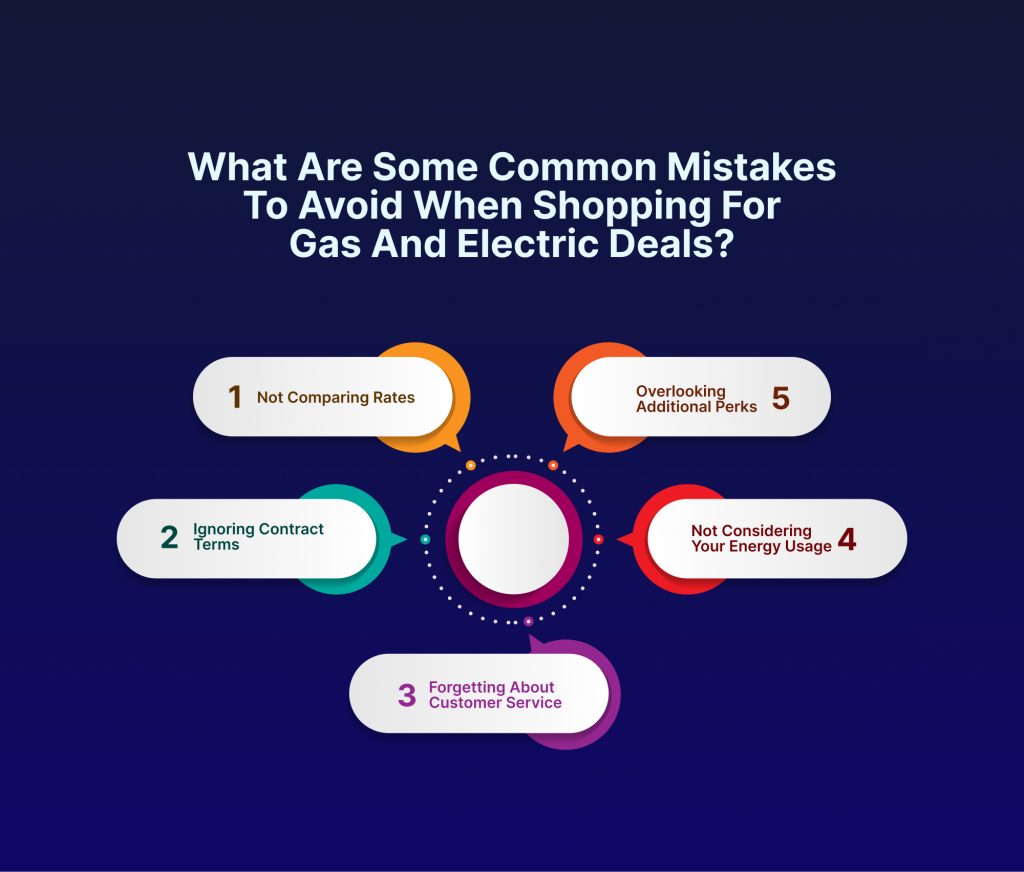
When shopping for gas and electric deals, it’s essential to avoid common pitfalls that could potentially cost you money or lead to dissatisfaction with your chosen provider. Some common mistakes to avoid include:
1. Not comparing rates: Failing to compare rates from multiple providers can result in overpaying for your energy. Use comparison tools or explore different suppliers’ websites to ensure you’re getting the best deal.
2. Ignoring contract terms: Before signing up for a new energy deal, carefully review the contract terms, including the length of the contract and any exit fees. Ignoring these details could lead to unexpected costs or restrictions.
3. Forgetting about customer service: While price is important, don’t overlook the importance of good customer service. Research customer reviews and ratings to gauge the satisfaction levels with each provider’s customer service before making a decision.
4. Not considering your energy usage: Your energy usage patterns should influence your choice of energy deal. Consider your household’s energy needs and choose a tariff that aligns with your consumption habits to avoid overpaying for unused energy.
5. Overlooking additional perks: Some energy deals come with extra perks or incentives, such as cashback rewards or free smart home technology. Don’t overlook these additional benefits, as they can add value to your chosen deal.
Is it better to choose a fixed-rate or variable-rate plan for my gas and electric service?
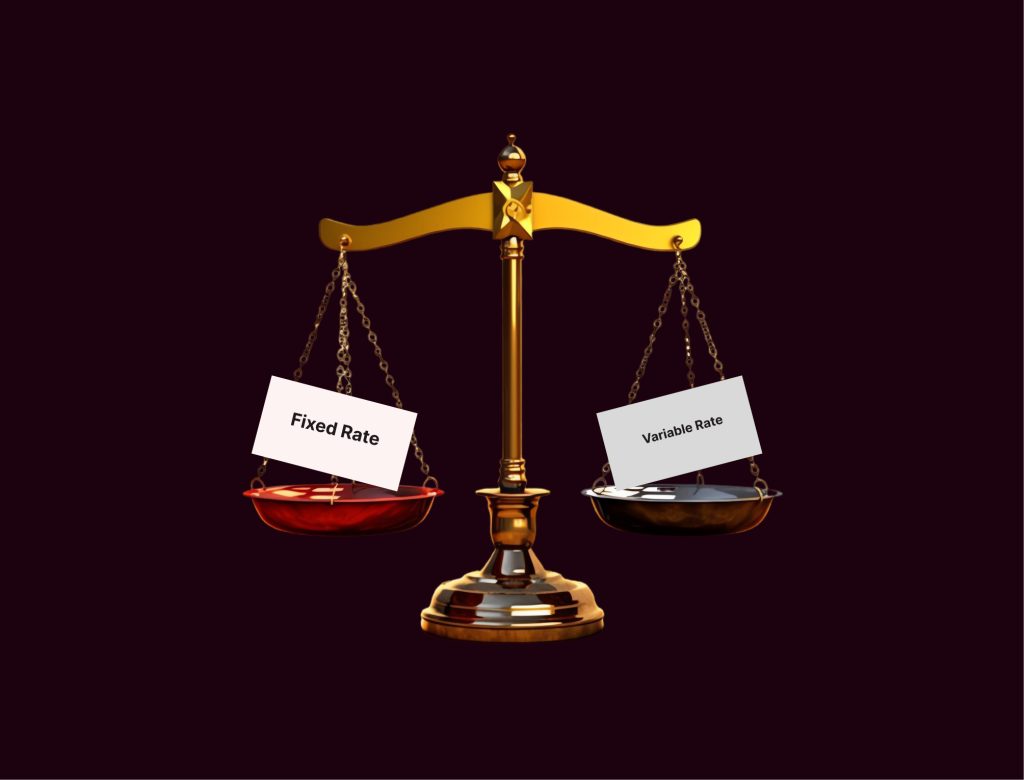
Deciding between a fixed-rate and variable-rate plan depends on your preferences and risk tolerance. A fixed-rate plan offers stability with a set price per unit of energy for the duration of the contract, providing peace of mind with predictable bills. This type of plan is ideal for budget-conscious consumers who prefer stable monthly expenses and want to avoid fluctuations in energy costs. On the other hand, a variable-rate plan fluctuates with market prices, potentially offering savings when energy prices are low but exposing you to higher costs during price spikes.
Variable-rate plans are more suitable for consumers willing to accept some level of uncertainty in exchange for the possibility of lower bills. Consider your budget, energy usage patterns, and market conditions when choosing between the two. If you prioritize stability and predictability, a fixed-rate plan may be preferable. Conversely, if you’re comfortable with price fluctuations and want to take advantage of potential savings, a variable-rate plan could be suitable for your needs.
Can I bundle my gas and electric services together to save money?
Yes, bundling gas and electric services together, known as dual fuel tariffs, can often result in cost savings. Many energy providers offer discounts or incentives for customers who choose to bundle their gas and electric services. Bundling simplifies billing and may provide additional benefits such as streamlined customer service. To determine if bundling is cost-effective for you, compare the bundled offers from different providers with the cost of purchasing gas and electric services separately. Consider factors such as contract terms, rates, and any additional perks offered with bundled plans. It’s essential to evaluate your energy needs and budget to ensure bundling aligns with your financial goals and preferences.
What happens if I move to a new address while under contract with my current gas and electric provider?
If you move to a new address while under contract with your current gas and electric provider, you’ll need to inform them of your relocation. Depending on your provider’s policies and the terms of your contract, you may have several options. Some providers allow you to transfer your existing contract to your new address, while others may require you to terminate the contract and sign up for a new one. In some cases, terminating the contract early may incur penalties or fees, so it’s essential to review your contract terms carefully. Contact your provider as soon as possible to discuss your options and ensure a smooth transition of your energy services to your new location.
Will my gas and electric rates change depending on the season or time of the year?
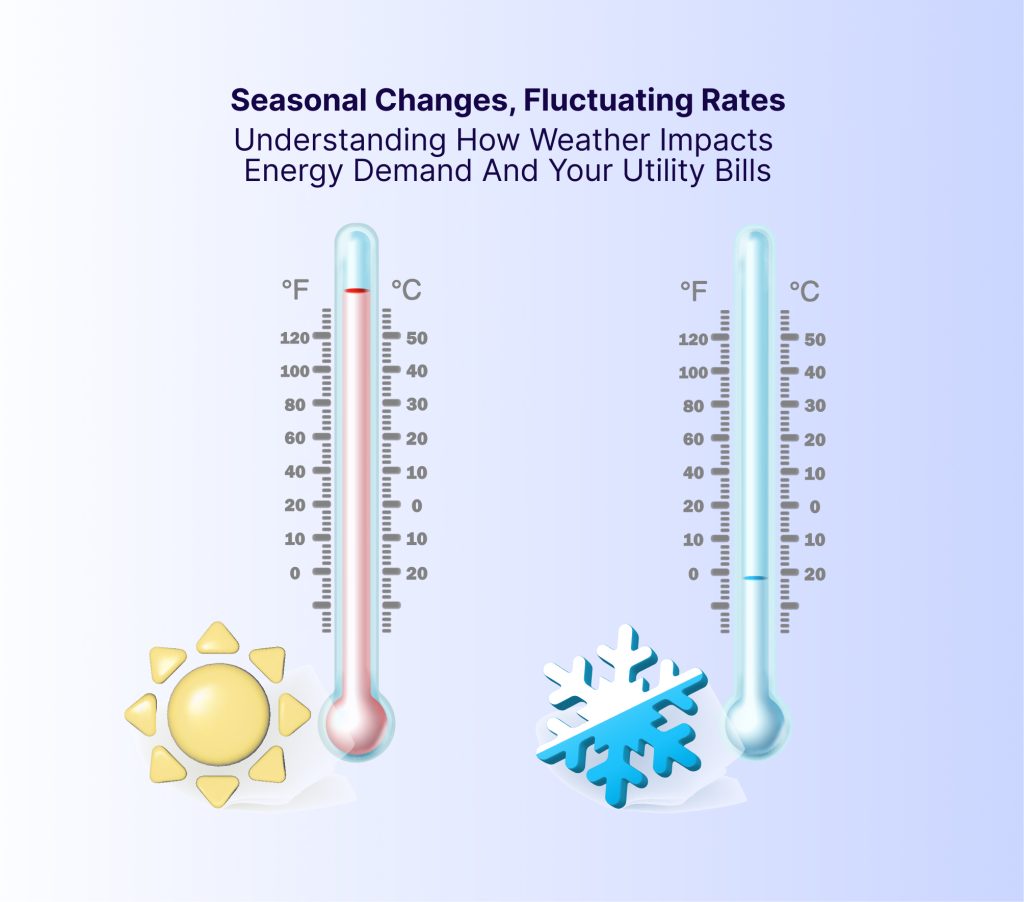
Yes, gas and electric rates may indeed fluctuate depending on the season or time of year due to variations in energy demand. For instance, during the colder months, gas rates tend to increase as there is a higher demand for heating. Similarly, electric rates might rise during summer months when air conditioning usage is high. Some energy providers offer seasonal pricing plans or time-of-use tariffs, where rates adjust based on peak and off-peak periods.
Understanding your provider’s pricing structure is essential to anticipate how rates may change throughout the year. By monitoring your energy usage and adopting energy-efficient practices, you can mitigate the impact of seasonal rate fluctuations on your overall energy costs. Additionally, exploring options like energy-saving appliances and smart thermostats can help you optimize your energy usage and minimize expenses.
What should I do if I experience a power outage or gas leak after switching providers?
If you experience a power outage or gas leak after switching providers, it’s crucial to take immediate action to ensure your safety and address the issue promptly. First, contact your new energy provider to report the problem and seek guidance on the appropriate steps to take. They will likely advise you to contact your local utility company or emergency services for assistance, depending on the nature and severity of the issue. Make sure to have your new provider’s contact information readily available for emergencies to facilitate a swift response and resolution. Additionally, follow any safety protocols recommended by your provider, such as evacuating the premises in the case of a gas leak or avoiding the use of electrical appliances during a power outage. Stay informed and proactive to effectively manage any disruptions to your energy services and safeguard your well-being.
Energy-saving tips or strategies to lower my energy bills
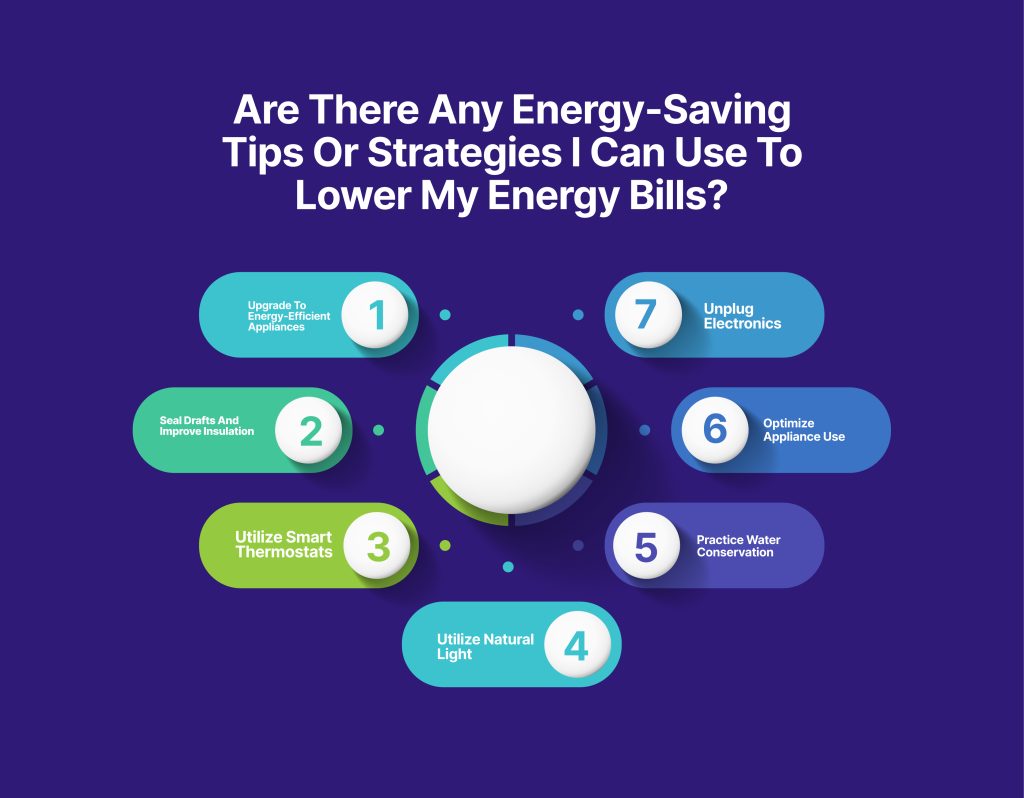
Implementing energy-saving measures not only reduces your energy bills but also contributes to environmental sustainability. Here are some additional tips to consider:
1. Upgrade to Energy-Efficient Appliances: Investing in Energy Star-rated appliances can significantly reduce your energy consumption. Look for appliances like refrigerators, washing machines, and dishwashers with high energy efficiency ratings.
2. Seal Drafts and Improve Insulation: Proper insulation and sealing drafts can prevent heat loss in the winter and keep your home cooler in the summer, reducing the need for heating and cooling. Seal gaps around windows and doors, and consider adding insulation in attics, basements, and crawl spaces.
3. Utilize Smart Thermostats: Smart thermostats allow you to program heating and cooling schedules based on your daily routine and adjust temperature settings remotely. They can help optimize energy usage and save on heating and cooling costs.
4. Utilize Natural Light: Take advantage of natural light during the day by opening curtains and blinds. This reduces the need for artificial lighting and can help lower your electricity usage.
5. Practice Water Conservation: Install low-flow showerheads and faucets to reduce water consumption while maintaining adequate water pressure. Fix leaks promptly, and consider collecting rainwater for outdoor use.
6. Optimize Appliance Use: Run full loads in your dishwasher and washing machine to maximize energy efficiency. Use cold water for washing clothes whenever possible, as heating water accounts for a significant portion of energy usage in laundry.
7. Unplug Electronics: Even when turned off, electronic devices consume energy in standby mode. Unplug chargers, televisions, and other electronics when not in use, or use power strips to easily turn off multiple devices at once.
How can I track my energy usage to ensure I'm getting the most out of my energy service?
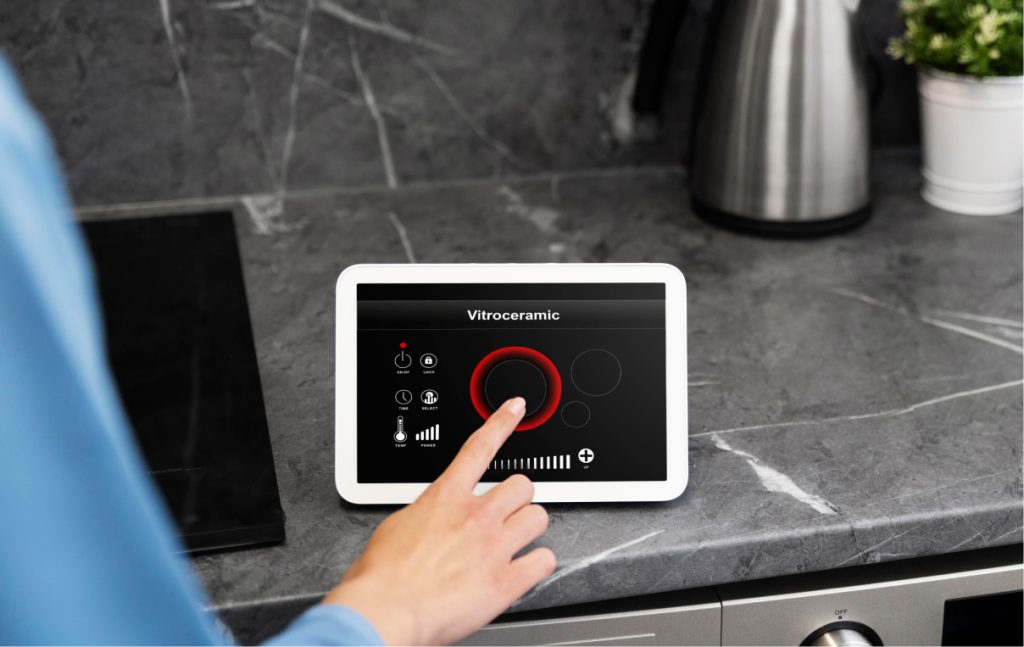
Tracking your energy usage is crucial for optimizing your energy consumption and ensuring you’re getting the most out of your energy service. Here are some methods to help you monitor and manage your energy usage effectively:
1. Smart Meters: If your utility provider offers smart meters, consider requesting one for your home. Smart meters provide real-time data on your energy usage, allowing you to track patterns and identify areas where you can reduce consumption.
2. Energy Monitoring Apps: Many utility companies offer mobile apps or online portals that allow you to monitor your energy usage remotely. These apps provide detailed insights into your daily, weekly, and monthly energy consumption, enabling you to make informed decisions about energy-saving practices.
3. Home Energy Monitoring Systems: Invest in a home energy monitoring system that tracks electricity usage at the appliance level. These systems provide detailed data on individual appliances’ energy consumption, helping you identify energy-intensive devices and adjust usage accordingly.
4. Regular Meter Readings: Take regular meter readings and keep track of your energy usage over time. Compare readings from month to month to identify any unusual spikes in consumption and investigate the underlying causes.
Can I switch to renewable energy sources for my energy service?
Yes, many utility providers offer renewable energy options for consumers interested in reducing their carbon footprint. Renewable energy sources such as solar, wind, hydroelectric, and geothermal power generate electricity with minimal environmental impact compared to traditional fossil fuels. You can typically switch to renewable energy by opting for a green energy tariff or purchasing renewable energy certificates (RECs) from your utility provider. Alternatively, you may consider installing solar panels or other renewable energy systems on your property to generate your electricity. Before making the switch, research available renewable energy options in your area and compare pricing and contract terms to ensure they align with your preferences and budget.
How do I know if a gas provider is reputable and trustworthy?
Ensuring that your gas provider is reputable and trustworthy is essential for receiving reliable service and fair pricing. Here are some factors to consider when evaluating gas providers:
1. Customer Reviews and Ratings: Research online reviews and ratings from current and former customers to gauge their satisfaction levels with the gas provider’s service quality, reliability, and customer support.
2. Accreditations and Certifications: Check if the gas provider is accredited by relevant industry organizations or has certifications that demonstrate adherence to safety and quality standards.
3. Transparent Pricing and Contracts: Review the provider’s pricing structure and contract terms to ensure transparency and fairness. Avoid providers with hidden fees or long-term contracts that lock you into unfavorable terms.
4. Customer Service: Assess the provider’s customer service responsiveness and availability. A reputable gas provider should offer prompt assistance and support to address any issues or concerns you may have.
5. Industry Reputation: Consider the gas provider’s reputation within the industry and their track record of ethical business practices. Research their history, including any past controversies or legal disputes.
Are there any resources or tools available to help me compare the best gas and electric deals?
Yes, several online resources and tools can assist you in comparing the best gas and electric deals to find the best option for your needs. Many energy comparison websites allow you to input your location, energy usage, and preferences to generate a list of available deals from various providers. These platforms provide valuable information such as tariff rates, contract terms, and customer reviews, enabling you to make informed decisions about switching providers.
Additionally, some government websites and consumer advocacy organizations offer energy comparison tools and resources to help consumers navigate the energy market effectively. By utilizing these online tools, you can easily compare gas and electric deals, identify potential cost savings, and choose the most suitable option for your household.
Can I pay my gas and electric bills online or set up automatic payments?
Yes, most gas and electric providers offer online bill payment options and the ability to set up automatic payments for added convenience. Online bill payment portals allow you to securely pay your bills using credit/debit cards, bank transfers, or electronic payment methods directly from your provider’s website or mobile app. Setting up automatic payments enables you to schedule recurring payments for your gas and electric bills, ensuring timely payments without the hassle of manual processing.
You can choose the payment frequency and preferred payment method, providing flexibility and control over your billing process. By opting for online bill payment and automatic payments, you can streamline your bill management process, avoid late fees, and enjoy peace of mind knowing that your energy bills are taken care of efficiently.
Can I request a home energy audit to identify areas where I can improve energy efficiency?
Yes, many gas and electric providers offer home energy audit services to help identify areas where you can improve energy efficiency and reduce your energy consumption. During a home energy audit, trained professionals assess your home’s energy usage, insulation, appliances, and HVAC systems to identify potential energy-saving opportunities. They may use tools such as thermal imaging cameras, blower door tests, and energy modeling software to analyze your home’s energy performance comprehensively.
Based on the audit findings, you’ll receive personalized recommendations and actionable steps to enhance energy efficiency and lower your energy bills. Some providers may offer home energy audits free of charge or at a subsidized cost to encourage customers to adopt energy-saving measures. Contact your gas and electric provider to inquire about home energy audit services and schedule an appointment to assess your home’s energy efficiency.
What steps should I take if I suspect that my provider is overcharging me?

If you suspect that your gas and electric provider is overcharging you, it’s essential to take prompt action to address the issue. Here are steps you can take:
1. Review Your Bills: Carefully review your energy bills to ensure accuracy and compare them with previous statements to identify any discrepancies or unexpected charges.
2. Contact Your Provider: Reach out to your gas and electric provider’s customer service department to discuss your concerns. Provide specific details about the charges you believe are incorrect and request clarification or corrections.
3. Gather Evidence: Gather supporting documentation, such as meter readings, usage history, and correspondence with your provider, to support your claim of overcharging.
4. File a Complaint: If you’re unable to resolve the issue directly with your provider, consider filing a formal complaint with relevant regulatory authorities or consumer protection agencies. Provide all relevant evidence and documentation to support your complaint.
5. Seek Legal Advice: If necessary, seek legal advice from a consumer rights attorney who can provide guidance on your rights and options for recourse.
6. Consider Switching Providers: If you’re dissatisfied with your current provider’s response to your concerns or believe that they are consistently overcharging you, consider switching to a different gas and electric provider that offers more transparent pricing and better customer service.
Are there any restrictions or limitations on the types of gas deals available in my areas?
Yes, the availability of gas deals may vary depending on your location and the regulations governing the energy market in your area. Some regions may have restrictions or limitations on the types of deals offered by energy providers, such as fixed-rate or variable-rate plans, renewable energy options, or bundled services.
Additionally, certain areas may have limited competition among energy providers, resulting in fewer choices for consumers. It’s essential to research and understand the energy market dynamics in your area to determine the types of deals available and choose the most suitable option for your needs. You can consult with your local utility regulatory authority or consumer advocacy organizations for information on energy market regulations and available deals in your area.
Are there any discounts or special promotions available for new customers signing up for gas deals?
Yes, many gas and electric providers offer discounts or special promotions for new customers signing up for their services. These incentives are designed to attract new customers and may include:
1. Introductory Rates: Some providers offer discounted rates for a specified period, such as the first few months or the first year of service, to new customers who sign up for their gas and electric services.
2. Cashback or Rebates: Certain providers offer cashback rewards or rebates to new customers as an incentive for signing up for their services. These incentives may be based on factors such as the length of the contract or the total energy usage.
3. Waived Fees: New customers may have activation fees, connection fees, or early termination fees waived as part of special promotions offered by gas and electric providers.
4. Free Energy-Saving Products: Some providers offer free energy-saving products or smart home devices, such as programmable thermostats or LED light bulbs, to new customers as part of promotional offers.
5. Referral Bonuses: Providers may offer referral bonuses to existing customers who refer new customers to sign up for their gas and electric services. These bonuses can take the form of bill credits, cash rewards, or gift cards.
To take advantage of these discounts or special promotions, prospective customers should research and compare offers from different gas and electric providers in their area. It’s essential to review the terms and conditions of each offer carefully, including any eligibility requirements, contract terms, and potential costs after the promotional period ends. Additionally, consider contacting providers directly to inquire about any ongoing promotions or exclusive deals for new customers.
Are there any financial assistance programs available to help low-income households with their gas and electric bills?
Yes, several financial assistance programs are available to help low-income households with their gas and electric bills. These programs aim to alleviate the financial burden of energy costs for vulnerable populations and ensure access to essential energy services. Some common financial assistance programs include:
1. Low-Income Home Energy Assistance Program (LIHEAP): LIHEAP is a federally funded program that provides financial assistance to low-income households to help cover heating and cooling costs. Eligible households receive assistance based on factors such as income, household size, and energy expenses.
2. Weatherization Assistance Program: The Weatherization Assistance Program helps low-income households reduce energy consumption and lower utility bills by providing free home energy efficiency upgrades. These upgrades may include insulation, air sealing, and energy-efficient appliance replacements.
3. Utility Bill Assistance Programs: Many utility providers offer utility bill assistance programs specifically designed for low-income customers. These programs may include bill payment assistance, discounted rates, or flexible payment options to help eligible households manage their energy bills.
4. Crisis Assistance Programs: Some states and local agencies offer crisis assistance programs to provide emergency financial assistance to households facing utility disconnection or other energy-related emergencies.
5. Energy Assistance Funds: Nonprofit organizations, charities, and community-based agencies may offer energy assistance funds to help low-income households cover energy-related expenses during times of need.
Eligibility requirements, application procedures, and available benefits vary depending on the program and the region. Low-income households can contact their local utility provider, community action agency, or social services office to inquire about available financial assistance programs and apply for support. It’s essential to apply for assistance as soon as possible, as funds may be limited, and program availability may vary depending on funding availability and demand.
Can I negotiate with my current gas and electric provider to get a better deal?

Yes, you can negotiate with your current gas and electric provider to potentially get a better deal. Many providers are open to negotiation, especially if it means retaining your business. Here are steps you can take to negotiate:
1. Research Competitor Offers: Before contacting your provider, research what other gas and electric providers are offering in terms of rates, discounts, and promotions. This gives you leverage during negotiations.
2. Contact Customer Service: Reach out to your provider’s customer service department and express your interest in discussing your current plan. Politely inquire about any available discounts, promotions, or better rates that may be applicable to your account.
3. Highlight Loyalty:</b If you’ve been a long-term customer with a history of on-time payments, mention your loyalty to the company. Providers may offer special deals or loyalty discounts to retain valuable customers.
4. Negotiate Terms: If you’re satisfied with your current provider but seeking better terms, such as a lower rate or waived fees, negotiate directly with customer service representatives. Be prepared to explain why you believe you deserve a better deal and be open to compromise.
5. Consider Bundling Services: Inquire about bundling your gas and electric services together or combining them with other utility services, such as internet or home security. Providers often offer discounts for bundled services.
What are the penalties for canceling my contract early with my current supplier?
Regarding penalties for canceling your contract early, it depends on the terms outlined in your agreement. Common penalties may include:
1. Early Termination Fees: Many contracts include fees for canceling before the contract term ends. These fees can vary in amount and may be outlined in your contract’s terms and conditions.
2. Remaining Balance: If you cancel your contract early, you may be required to pay any outstanding balances, including unpaid bills or fees associated with bundled services.
3. Reconnection Fees: If you later decide to reestablish service with the same provider after canceling your contract, you may incur reconnection fees or administrative charges.
Before negotiating or canceling your contract, carefully review the terms and conditions outlined in your agreement. If you’re unsure about any penalties or obligations, contact your provider’s customer service department for clarification.
Best Gas and Electricity Deals
Compare Broadband deals with Docalla
What is Broadband?
We are happy to hear from you in case you would need in-person support before commencing your application. We are happy to hear from you in case you would need in-person support before commencing your application.
What other services can I get with Broadband?
We are happy to hear from you in case you would need in-person support before commencing your application. We are happy to hear from you in case you would need in-person support before commencing your application.
Sky Broadband
£45.90/month
Unlimited minutes
12 months of 500 GB data
12 months
Contract length
£30.9 upfront cost
250 mbps Total Cost
Unlimited Text
Sky Broadband
£45.90/month
Unlimited minutes
12 months of 500 GB data
12 months
Contract length
£30.9 upfront cost
250 mbps Total Cost
Unlimited Text
Sky Broadband
Offer ends 30th Jan. 2023
£45.90/month
Unlimited minutes
12 months of 500 GB data
12 months
Contract length
£30.9 upfront cost
250 mbps Total Cost
Unlimited Text
Sky Broadband
Offer ends 30th Jan. 2023
£45.90/month
Unlimited minutes
12 months of 500 GB data
12 months
Contract length
£30.9 upfront cost
250 mbps Total Cost
Unlimited Text
Sky Broadband
£45.90/month
Unlimited minutes
12 months of 500 GB data
12 months
Contract length
£30.9 upfront cost
250 mbps Total Cost
Unlimited Text
Sky Broadband
£45.90/month
Unlimited minutes
12 months of 500 GB data
12 months
Contract length
£30.9 upfront cost
250 mbps Total Cost
Unlimited Text
Sky Broadband
Offer ends 30th Jan. 2023
£45.90/month
Unlimited minutes
12 months of 500 GB data
12 months
Contract length
£30.9 upfront cost
250 mbps Total Cost
Unlimited Text
Sky Broadband
Offer ends 30th Jan. 2023
£45.90/month
Unlimited minutes
12 months of 500 GB data
12 months
Contract length
£30.9 upfront cost
250 mbps Total Cost
Unlimited Text
















Docalla makes accessing home services
easy for you
Online Booking
You can easily check the availability of a service, get an estimate, and book online. You will be able to track the progress of your service provider on the scheduled day.
Easy & Flexible Schedule
Easily handle all of your bookings in one convenient place! Whether you need to reschedule, make new bookings, or plan future services
Trusted Professionals
The service providers we collaborate with in Docalla are thoroughly screened and highly skilled. They will ensure that you receive high quality service.
Explore the world with ease!
Book your flight, hotels, and car hire in one place and make your travels hassle-free.








